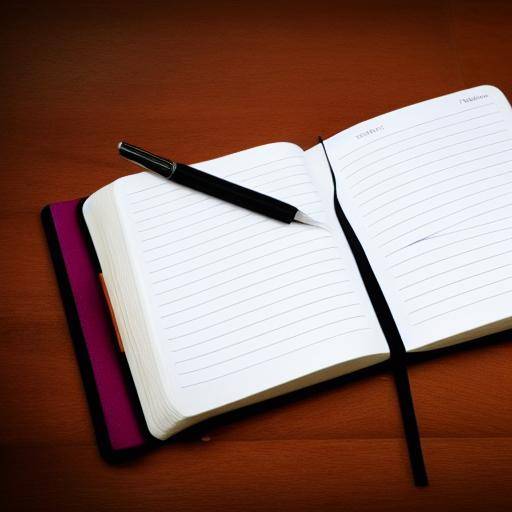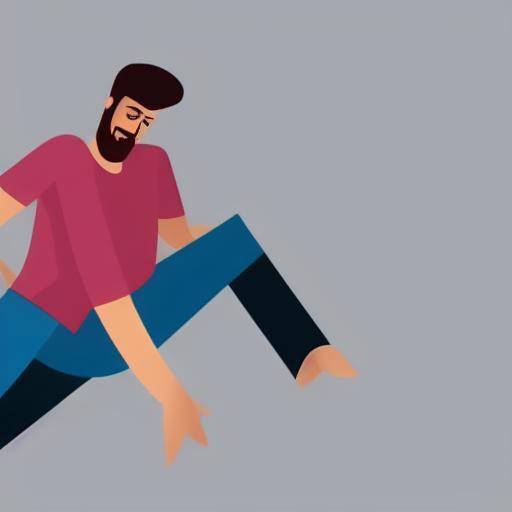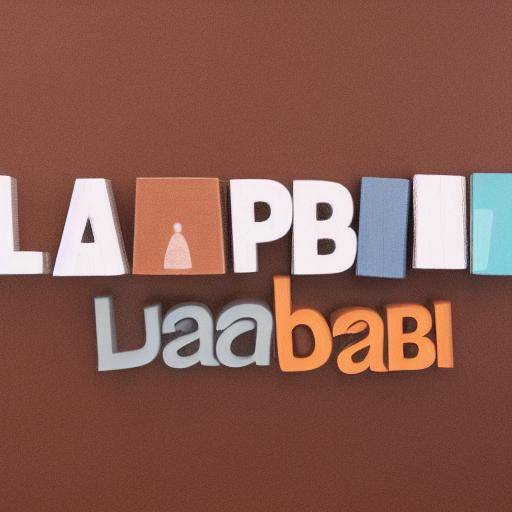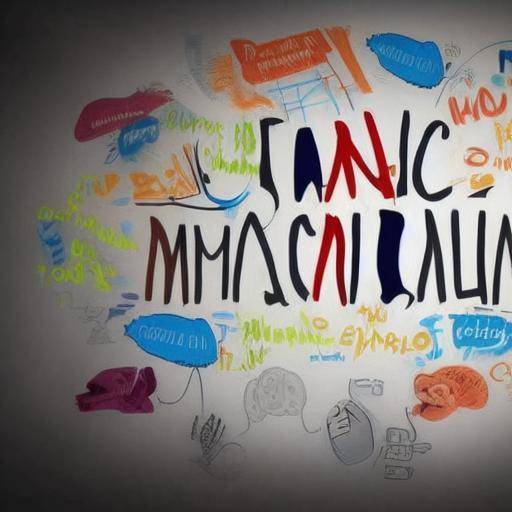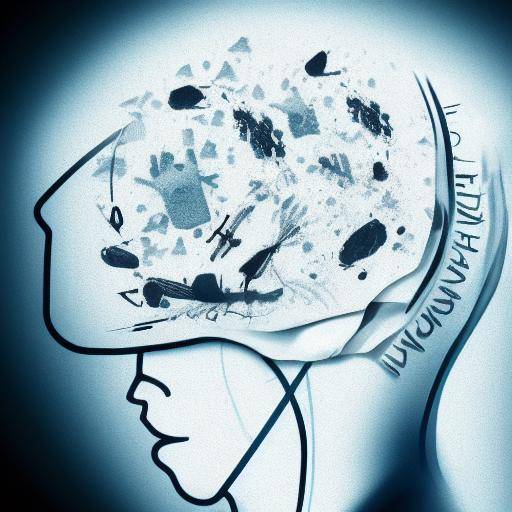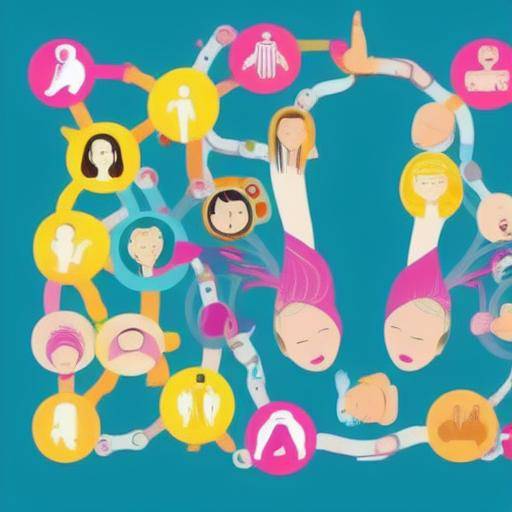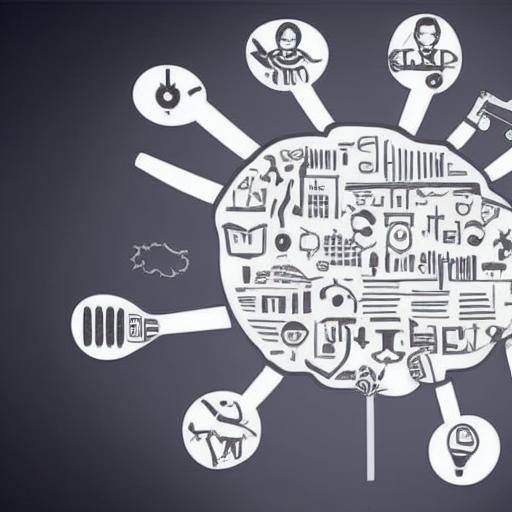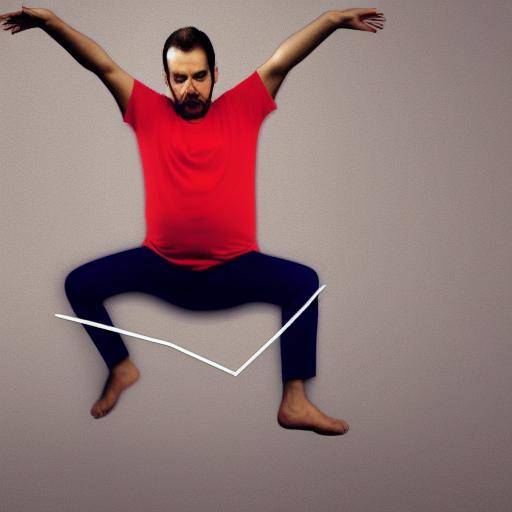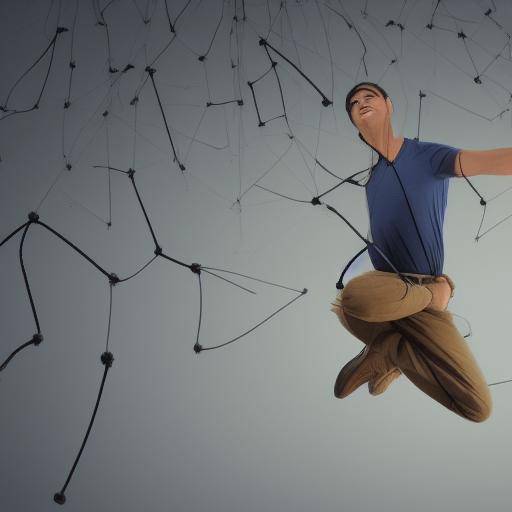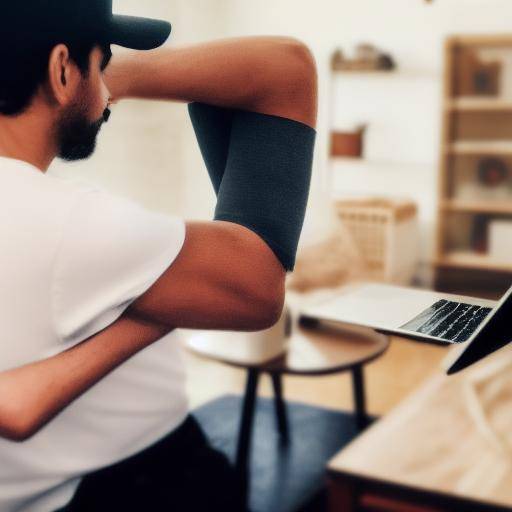
Introduction
With the constant growth of the working world and the need to adapt to a constantly changing environment, the importance of mental flexibility in working-life balance becomes increasingly relevant. This balance not only impacts our labor productivity, but also our physical and mental health, personal relationships and overall satisfaction with life. In this article, we will explore in depth the crucial role that mental flexibility plays in seeking a harmonious balance between work and personal life, the associated challenges and benefits, as well as practical strategies for achieving a comprehensive well-being.
History and Background
The notion of work-life balance has been a topic of interest throughout history, although it has recently gained significant relevance due to changes in labor dynamics and the emphasis on general welfare. From the first forms of labor organization to the current business structures, the search for this balance has evolved significantly. Various milestones mark progress in understanding the importance of harmonizing working life with staff, showing growing awareness of their impact on health, productivity and personal satisfaction.
Historical research reveals significant changes in the mentality of society towards work and leisure, leading to greater recognition of the need to adapt to new approaches. The integration of this balance as a fundamental component of integral well-being has led to the expansion of the concept of mental flexibility as a means of achieving sustainable harmony.
Deep analysis
Mental flexibility plays a crucial role in work-life balance, allowing people to adapt effectively to changing demands both in the labour and personal spheres. This ability not only implies the ability to adjust routines and agendas, but also to adopt mental approaches that promote adaptability, resilience and self-care.
Some of the challenges that arise when seeking this balance include labor stress, lack of time for personal activities, difficulty disconnecting from work, and social or labor pressure to be always available. These challenges can negatively impact physical and mental health, as well as personal relationships, which further underlines the importance of mental flexibility in the effective management of these challenges.
On the other hand, the benefits of mental flexibility in work-life balance can be significant. An adaptable and balanced approach allows people to better manage stress, improve their emotional well-being, strengthen personal relationships, foster creativity and innovation, and improve their working effectiveness. These benefits result in a greater sense of personal satisfaction and contribute to integral well-being.
Exhaustive examination
In addressing this balance, it is essential to consider multiple perspectives and approaches. The adoption of various strategies, such as time management, the promotion of healthy working environments, the promotion of labour autonomy, and the development of emotional self-regulation skills, are key elements for fostering mental flexibility and achieving harmony between work and personal life.
The implementation of organizational policies that support this flexibility, as well as the promotion of a culture of balance and well-being, are essential measures to promote a working environment that values adaptability and self-care. Furthermore, the adoption of personal practices that encourage the disconnection of work, full attention, the establishment of healthy limits, and the cultivation of hobbies and recreational activities can contribute significantly to the effective search for this balance.
In considering the positive aspects and challenges associated with mental flexibility in working-life balance, it is clear that this capacity not only impacts the labour sphere, but also personal life in its entirety. Addressing this balance in an integral way implies a deep understanding of the factors that influence it, as well as an active commitment to develop strategies that promote harmony and well-being.
Comparative analysis
To fully understand the role of mental flexibility in working-life balance, it is essential to compare and contrast this concept with other related aspects, such as time management, self-care, and labour productivity. While these elements are interconnected, each requires specific approaches to their development and maintenance.
Mental flexibility is distinguished by its ability to adapt to changing circumstances, effectively manage the challenges of the working environment and foster a resilient attitude to everyday demands. By comparing it to time management, it is crucial to recognize that mental flexibility goes beyond simply managing agendas and tasks, as it involves cultivating an adaptable mentality that can effectively integrate the various facets of life.
In relation to self-care, mental flexibility is highlighted as a means of promoting emotional self-regulation, stress management, and promoting healthy habits that contribute to integral well-being. While self-care encompasses a wider range of practices, mental flexibility plays a crucial role in fostering an open and responsive attitude towards self-care, enabling people to adapt to their own needs effectively.
Finally, in considering labour productivity, mental flexibility emerges as a tool that strengthens the ability to face challenges, fosters creativity and innovation, and promotes a balanced approach in the implementation of labour tasks. This comparison highlights the interconnection between mental flexibility and productivity, showing its integral impact on work performance and personal satisfaction.
Practical Tips and Recommendations
The practical application of mental flexibility in the search for work-life balance can benefit from specific tips that help people integrate this skill into their daily lives effectively. Some practical recommendations include:
- Establish clear limits between work and personal life, fostering digital disconnect at designated times.
- Practice full attention and stress management, through relaxation techniques and mindfulness.
- Promoting labour autonomy and administration








